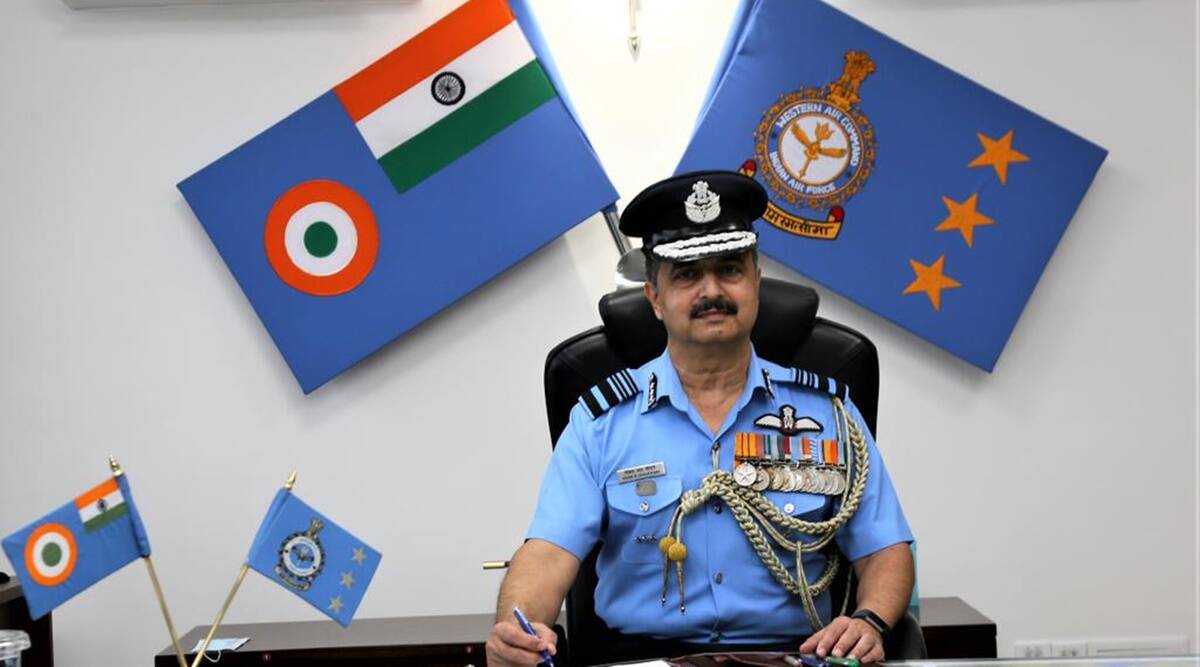NEW DELHI, July 10: The ‘Agnipath’ scheme complements the Indian Air Force’s long-term vision of being a “lean and lethal” force with the best manpower and the new recruitment model will in no way reduce its operational capability, Air Chief Marshal V R Chaudhari said on Sunday.
The Chief of Air Staff said 13 teams will take care of enrolment, employment, assessment and training of recruits within the four-year engagement period.
Air Chief Marshal Chaudhari told PTI that any savings in pensions and other expenditure through the implementation of the scheme are only incidental and not the reason for initiating the reform.
“The Agnipath scheme furthers the IAF’s manpower optimisation drive that has been ongoing for a decade wherein we have reviewed many human resource policies and organisational structures,” he said.
Nearly 7,50,000 candidates have registered for around 3,000 positions in the IAF under the new scheme.
The scheme complements the IAF’s “long-term vision of being a lean and lethal force with the best human resource as we strongly believe that the men and women behind the machine make all the difference when it matters,” the Chief of Air Staff said.
The scheme, announced on June 14, seeks to recruit youths between the age bracket of 17-and-half years and 21 for only four years with a provision to retain 25 per cent of them for 15 more years. For 2022, the upper age limit has been extended to 23 years.
Several parts of India witnessed violent protests last month against the scheme with the agitators demanding its roll back as the new model does not provide a job guarantee to 75 per cent of recruits.
“With evolving technology, the basic requirements from an air warrior have also seen a qualitative shift. We feel that the youth of today brings along a different and much required set of skills as well as adeptness with technology,” he said.
Air Chief Marshal Chaudhari said the synergy of organisational requirements and the aspirations of the youth shall provide the IAF with an “ideal amalgam” to be an effective force in the future.
“With a restructured training pattern that is contemporary, technology-based and tailor-made for our operational commitments, we envisage the implementation to be seamless,” he said.
The IAF chief noted that the need for transformation in the human resources in the services has been widely deliberated and steps have been taken to gradually address the recommendations of the Kargil Review Committee.
“This human resources transformation caters to the requirements of the impact of changing technology, the complexity of machines, automation and optimisation of resources including manpower of the IAF,” he said.
Describing the Agnipath scheme as a major “human resources transformation” for the armed forces, he said the IAF has already received an overwhelming response for this scheme.
“The process of selection is in progress. We have formulated 13 teams for seamless enrolment, training, role, employment, assessment and training of Agniveers within the four-year engagement period,” he said.
“The HR transformation in no way reduces the operational capability that we possess. In fact, this would provide the armed forces with the advantage of attracting talent and engaging with the youth who are keen to serve the nation,” the IAF chief said.
He said the “objective assessment” of Agniveers shall provide IAF with the best workforce. In the long term, this scheme will benefit the individual, the Armed forces and the society as a whole,” Air Chief Marshal Chaudhari said.
“This scheme shall provide a balance to our forces by blending youth with experience and enable IAF to meet all its national security mandates,” he added.
“Our experience in modular training and ‘just-in-time’ training concepts have given us insightful knowledge to achieve the necessary skills for our air warriors,” he said. (PTI)


